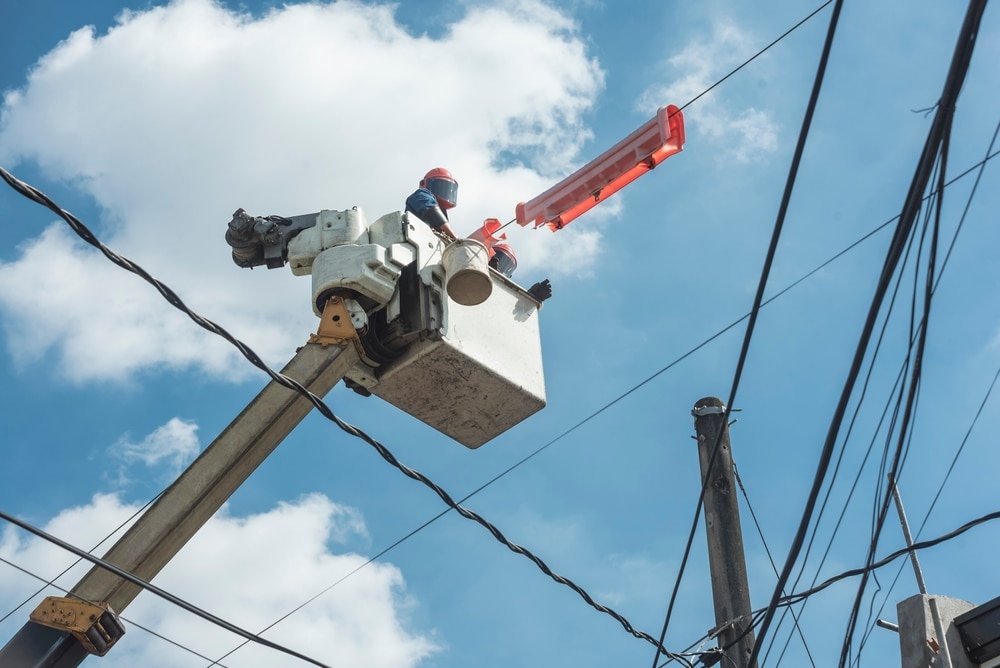We pay so much for electricity yet we still suffer from frequent power outages or brownouts. If renewable energy is the solution to the looming energy crisis, what’s stopping us from totally embracing it?
Rising costs and scarcity
The price of electricity and gasoline keeps going up. Fossil fuels, on which we rely most, are becoming scarce globally while the demand for energy keeps growing. This leads to power outages that interrupt our work, our studies, and daily lives.
The long-term solution
Experts agree that switching to renewable energy sources such as solar, wind, and hydro is the long-term solution. The Philippines is already making great strides in this direction, aiming to generate 35% of its energy mix from renewable sources by 2030, and 50% by 2040.
The gradual pace is deliberate because of several factors which include: the current power infrastructure, financial investment, technological innovation, and energy security.
Current power infrastructure
The Philippines relies heavily on imported coal and gas, meaning our current power infrastructure is built for fossil fuels. Despite being vulnerable to the global price fluctuations of fossil fuels, coal and gas are still our best options right now for stable and reliable energy mainly because the infrastructure is already in place.
Infrastructure needs of renewable energy
To make renewable energy (RE) available, solar power plants, wind turbines, and hydro dams need to be built. Energy needs to be harnessed then stored, delivered, and made accessible to factories, offices, and homes. This requires a great deal of expertise and planning.
Energy providers also need to consider the intermittent nature of renewable energy, the population’s changing energy needs especially with digitization; seasonality (we use more electricity during the hot months); and legal requirements. For example, solar power project proponents need “possessory rights” over the land they plan to build solar plants on.
Financial investment
Renewable energy projects need substantial upfront capital. Although there are a good number of willing investors, the Department of Energy (DOE) needs to ensure that the winning bids are able to deliver according to schedule. Recently, the DOE started terminating contracts of inactive RE projects. About 105 projects are facing termination.
There’s also uncertainty about how the price of renewable energy will be determined. Until this is clarified, we won’t be able to maximize investments.
Technological innovation
The technology for renewable energy is still evolving. Although solar panels and energy turbines have seen great advancement, there are still challenges in efficiency, storage, and grid integration to make the energy accessible to all.
Energy security
Metro Cebu remains the country’s wealthiest province for the ninth consecutive year. As the home of several economic hubs, the region cannot suffer a power deficit or interruption. A gradual transition will ensure that provinces facing rapid growth will enjoy uninterrupted power.
Meeting growing demand while transitioning to renewable energy is a significant challenge but thankfully, we can trust that the government, the private sector, and the local communities are working together to make it happen slowly but surely.
References:
https://business.inquirer.net/445007/power-sector-to-remain-carbon-intensive-thru-2033
https://www.pna.gov.ph/index.php/articles/1233920
https://www.sunstar.com.ph/cebu/local-news/central-visayas-to-transition-to-low-carbon-economy
https://www.ateneo.edu/sites/default/files/2023-01/AdMU%20WP%202023-01_0.pdf
https://cebudailynews.inquirer.net/583377/electricity-in-ph-why-is-it-high
https://ieefa.org/wp-content/uploads/2019/03/The-Philippine-Energy-Transition_March-2019.pdf
https://iee.psu.edu/news/blog/transitioning-renewable-energy-challenges-and-opportunities


